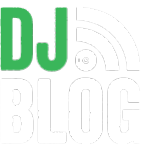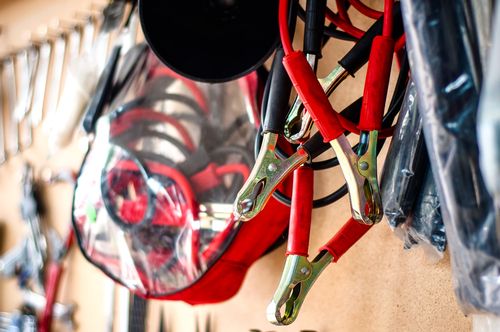By Brian Buonassissi
I know this seems like quite the guarantee, but for years I have lived by these 5 tips and I can’t remember the last bad event I had. If you don’t do these five things you put yourself behind the eight ball. Since I do a ton of weddings, I’m going to tailor this post towards that, but it could really work for any private event.
Tip #1: I WANNA KNOW, I WANNA KNOW… Doing your homework before the event is critical. I could spend hours on this one tip. What I mean here is that you need to know everything you possibly can about the event (which means asking a ton of the right questions) — where your clients and their guests are from, make‐up of their crowd (college friends? first time both sides of the family are meeting?), what your clients like/dislike about weddings they’ve seen/been to, a site inspection of the venue, the hot buttons of the vendors you’re working with, equipment you’re using, and the music/mixes you’re going to play are all just a few of the many questions I ask. For the last one, I don’t necessarily mean come in with a prepared set-list, but never play a mix of a song (or any song in general) that you’ve never heard or played before. That used to burn me in my early DJing days more than I care to admit.
Tip #2: BACK THAT THANG UP… I can’t emphasize enough how important multiple backups are: I have all my formality tracks on 3 different backups (iPad, Phone, and thumb drive); I carry a duplicate external hard drive with all my music; I travel with 2 computers. I am over the top on this on so many levels. You don’t get a do‐over for private events (especially weddings). Having as many fail‐safes as possible is just smart business. It’s not a matter of ‘if’ but ‘when’ you will need to use one.
As I like to say, the event is often won or lost before you arrive.
Tip #3: BUT I’M ALWAYS ON TIME… This is about giving yourself a wide margin for error. By getting to the venue on time, I mean get there early – WAYYYY early (for me, I arrive a minimum of 4‐5 hours before the event). From not having to rush on set‐ up, to being able to test and check all gear, to rehearsing your important moments, playing through every formality track in its entirely, to putting your event planner/Maître D’ (and potentially the clients) at ease, this is just a best practice.
Tip #4: WORK, WORK, WORK, WORK WORK… In a perfect world, I would just mix my favorite tracks and the dance floor would be packed all night. Since we’re talking weddings, the dance floor would start during cocktail hour and it would be hard for them to stay seated for the meal because the music is that good. That happens at a lot of my events but not ALL of them. I have had a few tough ones. Sometimes it means I must go to a genre that I don’t particularly like or I may even have to go into cheese mode (assuming the client wants it). I never let my personal preference take precedence over what’s best for the event. I’ll keep grinding and do whatever it takes until I find the right formula for my crowd.
Tip #5: P P P POKER FACE, P P P POKER FACE… Playing off the tip above, let’s say your event is going terrible. Maybe your crowd is just a non‐dancing crowd or you just can’t seem to please anyone with the song selection. You’ve put in a ton of work but it’s just not happening. What’s the remedy? Smile and look confident – like you know exactly what you’re doing and that you meant for it to be like this. Never let the crowd know you’re struggling. Show that poker face. Make them believe you’re having a great time (even if it’s killing you inside) and often, it’ll get them out there. If nothing else, I’ve found it makes me feel better about the event at hand.
I’m going to post a Part 2 to this because there are many more things that I believe can ensure a great event. The ones above are the foundation. Follow them and you’re on your way to success.
Based out of NYC, DJ Brian B is a successful internationally traveling DJ/MC specializing in luxury private events. He runs a multi‐city mobile DJ/event business with offices in Southern California, Destin, FL and New York City. You can check him out at djbrianbofficial.com or bboyproductions.com



